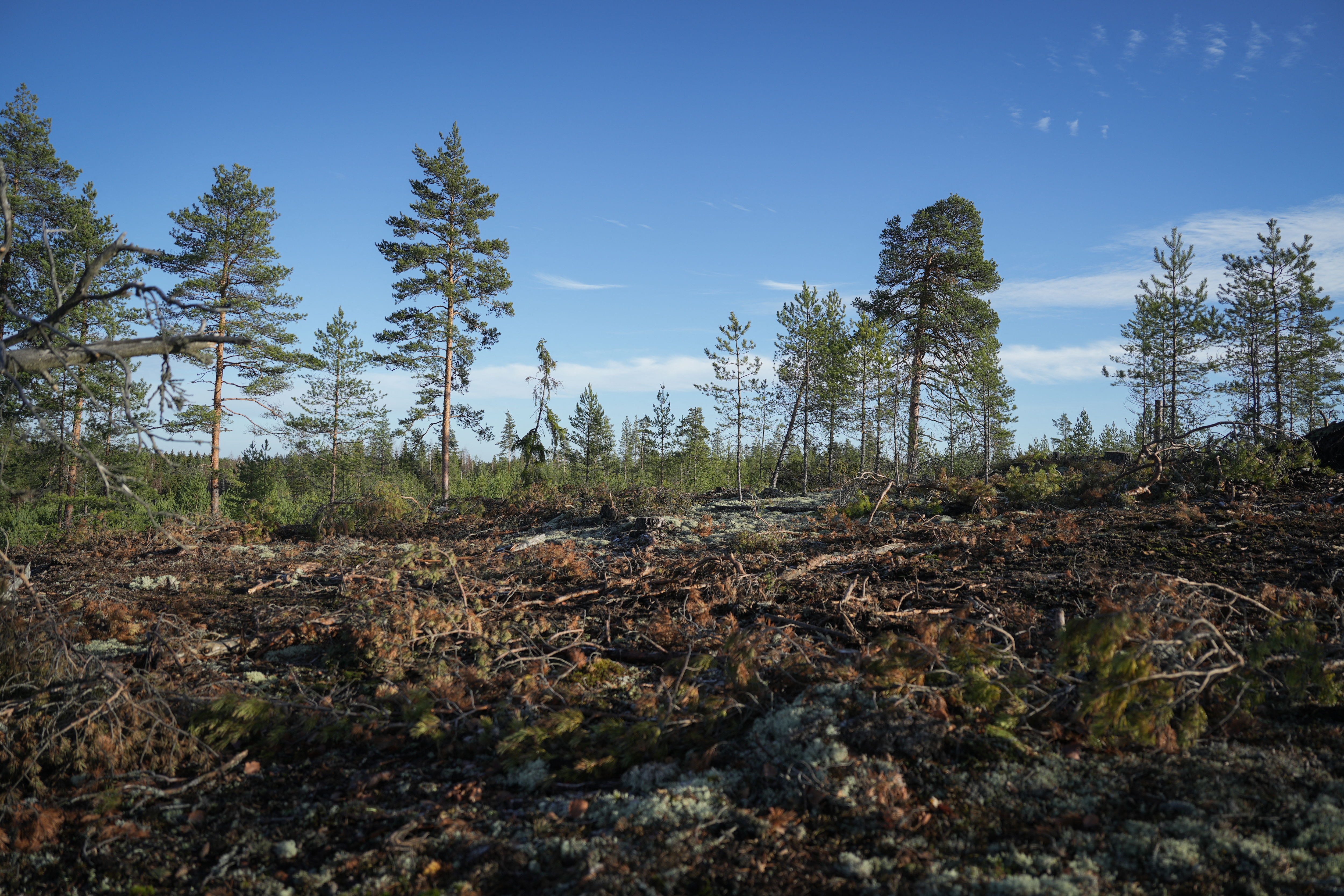EU member states will not water down deforestation law

European Union member states do not intend to heed the European Parliament's call to water down the EU's deforestation law, a meeting of member states' diplomatic representatives indicated on Wednesday.
The European Parliament last week agreed to a proposal to delay the deforestation regulation's entry into force by one year to early 2026, as member states had previously done. But at the behest of the European People's Party (EPP), a right-wing majority in Parliament also demanded that the law no longer apply to member states and third countries where there is no risk of deforestation.
"Opening the text would only create legal uncertainty and enormous time pressure"
This proposal, however, fell on deaf ears among member states on Wednesday. According to one source, "a clear message" came out of the diplomatic consultations that member states want to stick with the delay, but are not prepared to adapt the previously agreed legal text itself. "Opening the text would only create legal uncertainty and enormous time pressure," the source said.
Cocoa, coffee and timber
The deforestation regulation bans imports into the EU of a range of products from land that has been deforested since the beginning of 2021. The banned products include cocoa, coffee, timber, soy and palm oil.
The law was due to come into force at the end of this year, but the European Commission is proposing to delay it by a year to give companies and traders more time to prepare. Several member states and trading partners had called for this delay.
Negotiators from member states and the European Parliament must now return to the negotiating table to reach an agreement by the end of the year. If not, the legislation risks coming into force early next year as originally planned.
'Irresponsible' stance
German MEP Christine Schneider, who tabled the amendments on behalf of the EPP, described the member states' stance as "irresponsible". "This leaves the structural problems of the legislation in place, in particular the bureaucratic burdens and reporting requirements that overburden SMEs," she said.
Greenpeace believes member states have taken a "sensible approach" to the "chaotic amendments" adopted by Parliament
Greenpeace, on the other hand, believes member states have taken a "sensible approach" to the "chaotic amendments" adopted by the Parliament last week. However, the environmental group still regrets that the EU will "fuel global deforestation through its consumption for another 12 months".
© PHOTO ALESSANDRO RAMPAZZO / AFP
Related news
